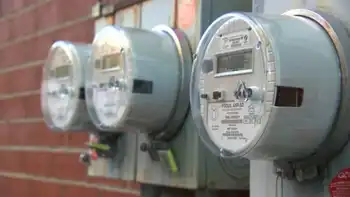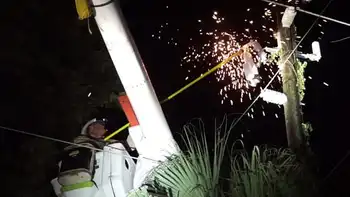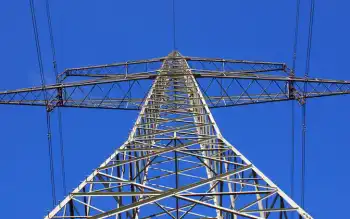Brazilian hydro producer develops “green” cars
By La Prensa
High Voltage Maintenance Training Online
Our customized live online or in‑person group training can be delivered to your staff at your location.

- Live Online
- 12 hours Instructor-led
- Group Training Available
This represents a new phase in the Itaipu project of developing in association with carmaker Fiat a family of electric vehicles with "zero emissions" of gases believed to cause global warming.
As part of this project launched by Itaipu, a bi-national company owned by Brazil and Paraguay, 25 autos and the prototype of an electric truck are already on the road.
"As we are now producing four electric vehicles per month, we decided to widen our scope and develop some in the heavy and medium-sized segments," electric vehicle project coordinator Celso Novais told Efe in Foz de Iguaçu, a Brazilian city on the border with Paraguay where the power plant of the Itaipu Dam is located.
The bus is in the design stage and "our schedule is to begin assembling the first prototype next September 5 in order to have it doing road trials at Itaipu by November 15," he said.
The bus is a project of Itaipu in association with Iveco, a Fiat subsidiary for making truck, bus and diesel engines, and with Mascarello, the Brazilian bodywork manufacturer, Novais said.
Also participating in making the cars was the Swiss firm KW0, which developed the electric system.
Itaipu has mastered the technology of making electric cars and, after developing and testing a Palio Weekend, a small station wagon produced by Fiat with a range of 120 kilometers (75 miles), it is working on projects to improve its performance and cut the price.
"As for the truck, we have successfully carried out close to 70 percent of the trials of the first prototype," Novais said.
The truck, a double cabin model, has the capacity to carry 5 tons (2.5 tons of its own weight and a 2.5-ton load), a 100-kilometer (62-mile) range and a top speed of 100 kph (62 mph).
The vehicle, according to engineers, uses three batteries because of its 40-kilowatt engine, almost three times more than the cars, which operate on 15 kilowatts.
"We designed it to meet the needs of cooperatives that produce biomass energy and want to use the excess for transport as a way of saving fuel," Novais said.
"In Parana (the Brazilian state where Itaipu is located) there are a number of farmers and pig breeders that have a lot of biomass that they use to fuel their own electricity generators. They asked us for help because they produce more energy than they can use," Novais said.
The electric truck is more expensive than one with an internal combustion engine, but for farmers it's more profitable because they don't have to pay for the fuel, Novais said.
The engineer admitted that, though these are ecological models that cause no pollution and have a similar performance to vehicles with internal combustion engines, the big problem of electric models is the price, almost double that of vehicles that run on gasoline.
"Since they use a special battery and components that are not yet mass produced, the price is much higher," Novais said, adding that the sodium battery accounts for nearly 50 percent of the vehicle's price tag.
Long-term, however, electric vehicles make up for the initial cost from a financial point of view, because the cost per kilometer (mile) is four times less than for those using gasoline, Novais said.
It costs about $3.60 to charge the battery in Brazil, enough to drive 120 kilometers (75 miles).
"To go that far in a gasoline-driven car you'd have to pay four times more," the engineer said.











